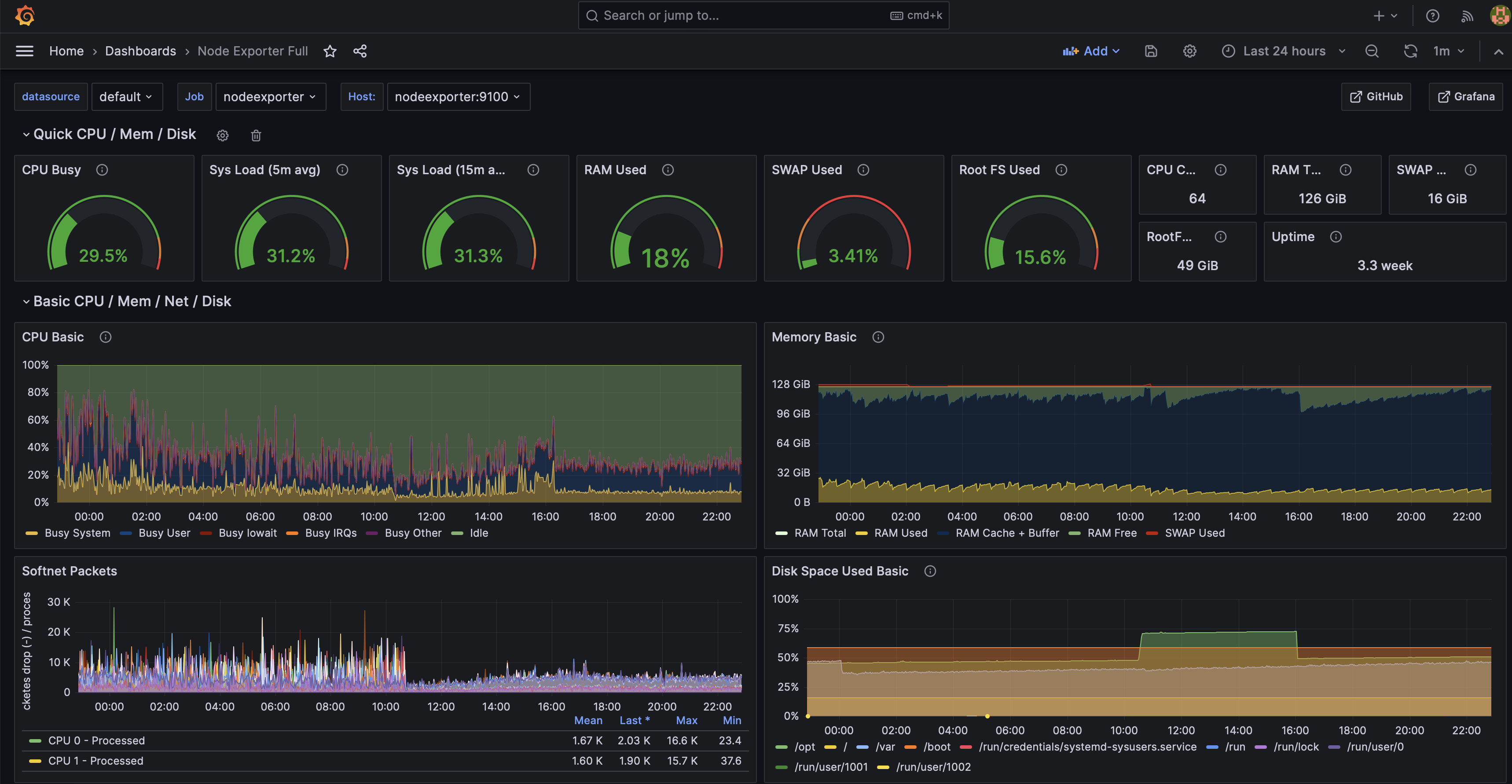this post was submitted on 05 Jul 2023
1726 points (99.1% liked)
Lemmy.World Announcements
29201 readers
178 users here now
This Community is intended for posts about the Lemmy.world server by the admins.
Follow us for server news 🐘
Outages 🔥
https://status.lemmy.world/
For support with issues at Lemmy.world, go to the Lemmy.world Support community.
Support e-mail
Any support requests are best sent to info@lemmy.world e-mail.
Report contact
- DM https://lemmy.world/u/lwreport
- Email report@lemmy.world (PGP Supported)
Donations 💗
If you would like to make a donation to support the cost of running this platform, please do so at the following donation URLs.
If you can, please use / switch to Ko-Fi, it has the lowest fees for us
Join the team
founded 2 years ago
MODERATORS
you are viewing a single comment's thread
view the rest of the comments
view the rest of the comments






Damn that’s a huge chunk of (what looks like) a 64 core CPU there. Impressive!
It’s cool it can aggressively cache that much. Although I am perplexed why one would have a swap file configured in this case? What does it give you here? Sorry not trying to be an elitist or anything just have no idea what advantage you get!
To be honest I tend to use swap less and less. But this was in the build that Hetzner does and I didn't remove it.
If your application goes wild with RAM usage, a properly configured swap will make sure the underlying OS remains responsive enough to deal with it.
The OOM killer is usually triggered after it starts hitting the disk. Which means your system is unresponsive for a long time until it finally kills something.
Using something like oomd can help trigger before it hits swap but then why are you using swap in the first place?
The bigger issue is that the kernel sometimes ignores the swappiness and will evict code/data pages long before file cache even when set to 0 or 1. I'm still not sure if that was because of an Ubuntu patch or if it was an issue that's been resolved in the years since I last saw this